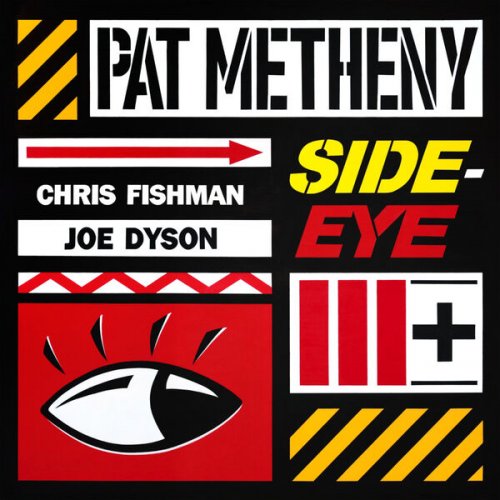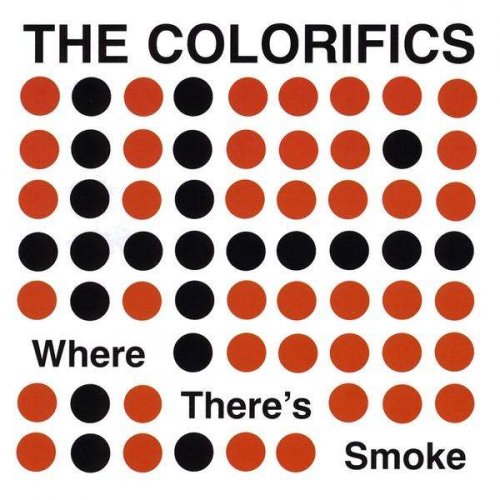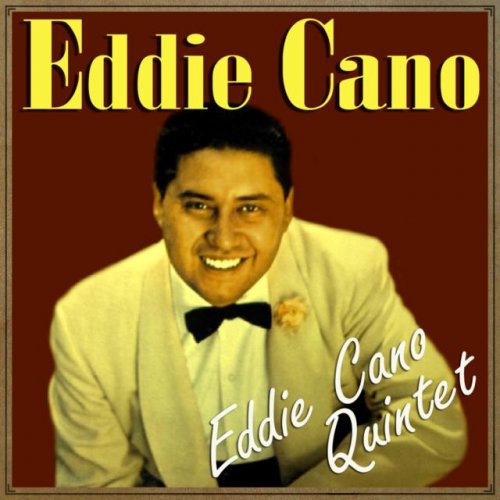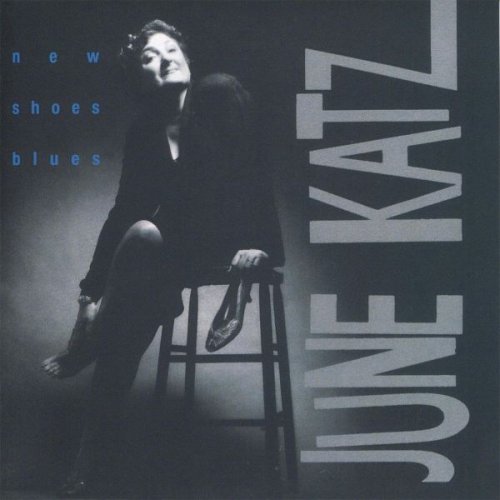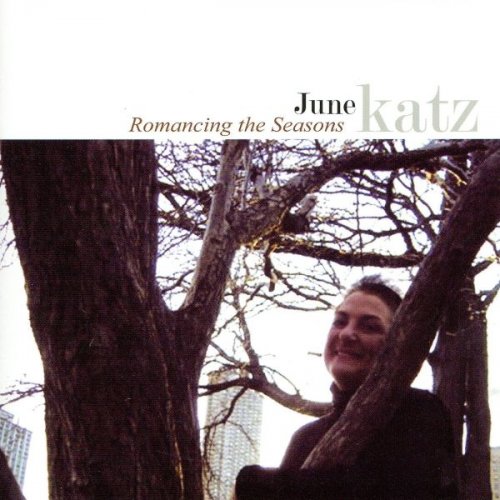Jerome Forde - Jerome Forde (2023)
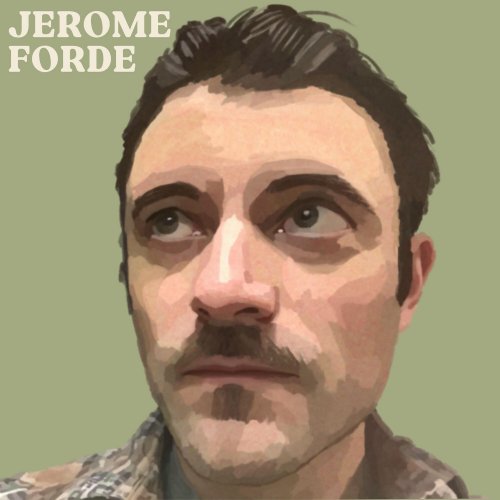
Artist: Jerome Forde
Title: Jerome Forde
Year Of Release: 2023
Label: Weewerk
Genre: Alt-Country, Folk, Americana
Quality: 320 kbps | FLAC (tracks)
Total Time: 00:33:46
Total Size: 78 mb | 200 mb
WebSite: Album Preview
Tracklist:Title: Jerome Forde
Year Of Release: 2023
Label: Weewerk
Genre: Alt-Country, Folk, Americana
Quality: 320 kbps | FLAC (tracks)
Total Time: 00:33:46
Total Size: 78 mb | 200 mb
WebSite: Album Preview
01. Jerome Forde - Dear Misery
02. Jerome Forde - Sleepwalking
03. Jerome Forde - Marigold
04. Jerome Forde - The Way Home
05. Jerome Forde - I Need to Know
06. Jerome Forde - No Good at Goodbyes
07. Jerome Forde - Sarah, Please
08. Jerome Forde - You Don't Even Try
09. Jerome Forde - The River's Wide
10. Jerome Forde - Only
Jerome Forde lives in Traverse City, in northern Michigan, population 15,000, although that number increases exponentially each summer when tourists arrive for the annual National Cherry Festival. Notable residents include U.S. Transportation Secretary Pete Buttigieg (TC is his husband Christian’s hometown), and Michael Moore, who launched the Traverse City Film Festival in 2005. It’s also the home of Grand Funk bassist Mel Schacher, and where hockey legend Gordie Howe lived for much of his later life.
Yet, Jerome Forde is poised to put Traverse City on the musical map, as his new self-titled album heralds the arrival of a vital new voice on the Americana scene. Imagine for a moment what might have happened if Elliott Smith and Townes Van Zandt had collaborated—that’s one way to approach Jerome’s sound and songwriting style. But given his relative isolation, Jerome has additionally become a skilled jack-of-all-recording-trades, playing each instrument on the album himself as he crafted its 10 tracks in his basement studio over a three-month period last fall in between shifts at the local post office.
“I can’t really say that I have any process to songwriting,” Jerome says. “It’s too random and chaotic for that. I don't think I've ever written a song by trying. I like the way Damien Jurado compares his songs to cats. You can’t force a cat to come to you. They come to you when they want to, and usually when you don’t expect it. I guess you could push that further and compare songs to tigers or some large predator cat. You’ll just be minding your own business, picking a few strings, when a song just pounces on you, ready to eat you whole. I’m not sure if every song is worth being devoured over, but in the moment of writing any song, I think you at least have to believe it is.”
So how did Jerome Forde become the first American artist to sign with venerable Toronto indie label (weewerk)? “My wife and I are big fans of the band Great Lake Swimmers, and when we were thinking about what labels to send the record to, she noticed that they’ve worked with (weewerk) for a long time. It was just one of the those things where we had nothing to lose, and I heard back almost right away from (weewerk)’s Phil Klygo who said he loved the record and wanted to put it out. I really couldn’t have asked for anything better.”
On first listen to Jerome Forde, it’s easy to agree with Klygo’s immediate assessment. From its opening track, “Dear Misery,” the album reveals a mysterious, hidden world populated by desperate individuals doing all they can to keep their fraying relationships together. Those powerful emotions are driven home through Jerome’s haunting voice, honed to deliver such devastating lines as, “Gravity’s the only thing keeping me here,” and “Would you tell me baby if I failed you? I think that I would die, but tell the truth.”
And even as the album’s first single “Marigold” opens with a delicately fingerpicked, Simon & Garfunkel-esque guitar pattern, the entrance of a virtual backing band immediately heightens the song’s dark melody, with Jerome using it as the basis for a banjo solo. It’s a sound that’s simultaneously soothing and unsettling, a direct result of some of the unusual turns Jerome’s life has taken.
“When I turned 22, I stopped playing music altogether,” he explains. “I had a strange experience—I really don’t want to call it ‘spiritual’ or ‘religious,’ because I hate both words. Not to get too philosophical, but it was what some people have referred to as ‘pure experience,’ or the experience of Experience itself. It sounds a little crazy, and it probably is, but I became obsessed with the question of exactly ‘what’ I experienced in that moment, and ended up spending the next 15 years chasing down some kind of an answer.”
Jerome spent much of that time as student, both in college and in a seminary, before realizing he was never going to find a satisfactory answer. “After that I just kind of picked up where I left off,” he says, “a bit like Rip Van Winkel after his nap, and started playing and writing music again. I feel old. But I’ve written a lot since I’ve come out of hibernation, and I hope to get it all on record soon.”
For now, fans of pure songwriting have the songs on Jerome Forde to savor, and as he begins presenting them to live audiences, it seems a sure-fire bet that he’s ready to pick up the torch from fallen heroes like Jason Molina and Blaze Foley whose work consistently cut to the bone, but in the most seductive ways possible.
Yet, Jerome Forde is poised to put Traverse City on the musical map, as his new self-titled album heralds the arrival of a vital new voice on the Americana scene. Imagine for a moment what might have happened if Elliott Smith and Townes Van Zandt had collaborated—that’s one way to approach Jerome’s sound and songwriting style. But given his relative isolation, Jerome has additionally become a skilled jack-of-all-recording-trades, playing each instrument on the album himself as he crafted its 10 tracks in his basement studio over a three-month period last fall in between shifts at the local post office.
“I can’t really say that I have any process to songwriting,” Jerome says. “It’s too random and chaotic for that. I don't think I've ever written a song by trying. I like the way Damien Jurado compares his songs to cats. You can’t force a cat to come to you. They come to you when they want to, and usually when you don’t expect it. I guess you could push that further and compare songs to tigers or some large predator cat. You’ll just be minding your own business, picking a few strings, when a song just pounces on you, ready to eat you whole. I’m not sure if every song is worth being devoured over, but in the moment of writing any song, I think you at least have to believe it is.”
So how did Jerome Forde become the first American artist to sign with venerable Toronto indie label (weewerk)? “My wife and I are big fans of the band Great Lake Swimmers, and when we were thinking about what labels to send the record to, she noticed that they’ve worked with (weewerk) for a long time. It was just one of the those things where we had nothing to lose, and I heard back almost right away from (weewerk)’s Phil Klygo who said he loved the record and wanted to put it out. I really couldn’t have asked for anything better.”
On first listen to Jerome Forde, it’s easy to agree with Klygo’s immediate assessment. From its opening track, “Dear Misery,” the album reveals a mysterious, hidden world populated by desperate individuals doing all they can to keep their fraying relationships together. Those powerful emotions are driven home through Jerome’s haunting voice, honed to deliver such devastating lines as, “Gravity’s the only thing keeping me here,” and “Would you tell me baby if I failed you? I think that I would die, but tell the truth.”
And even as the album’s first single “Marigold” opens with a delicately fingerpicked, Simon & Garfunkel-esque guitar pattern, the entrance of a virtual backing band immediately heightens the song’s dark melody, with Jerome using it as the basis for a banjo solo. It’s a sound that’s simultaneously soothing and unsettling, a direct result of some of the unusual turns Jerome’s life has taken.
“When I turned 22, I stopped playing music altogether,” he explains. “I had a strange experience—I really don’t want to call it ‘spiritual’ or ‘religious,’ because I hate both words. Not to get too philosophical, but it was what some people have referred to as ‘pure experience,’ or the experience of Experience itself. It sounds a little crazy, and it probably is, but I became obsessed with the question of exactly ‘what’ I experienced in that moment, and ended up spending the next 15 years chasing down some kind of an answer.”
Jerome spent much of that time as student, both in college and in a seminary, before realizing he was never going to find a satisfactory answer. “After that I just kind of picked up where I left off,” he says, “a bit like Rip Van Winkel after his nap, and started playing and writing music again. I feel old. But I’ve written a lot since I’ve come out of hibernation, and I hope to get it all on record soon.”
For now, fans of pure songwriting have the songs on Jerome Forde to savor, and as he begins presenting them to live audiences, it seems a sure-fire bet that he’s ready to pick up the torch from fallen heroes like Jason Molina and Blaze Foley whose work consistently cut to the bone, but in the most seductive ways possible.
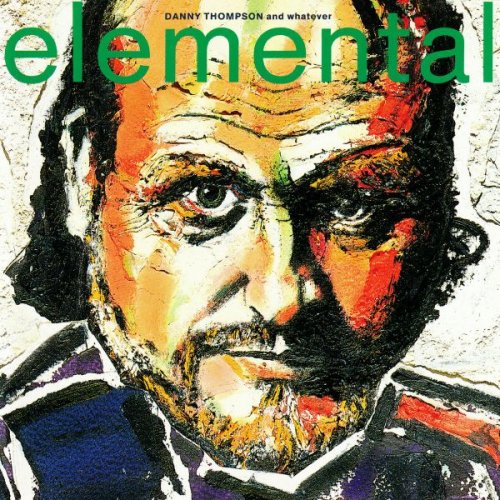

![Nathalie Darche, Alban Darche, Geoffroy Tamisier, Chloé Cailleton - Dandy Dandie - Helios y Selene (2026) [Hi-Res] Nathalie Darche, Alban Darche, Geoffroy Tamisier, Chloé Cailleton - Dandy Dandie - Helios y Selene (2026) [Hi-Res]](https://www.dibpic.com/uploads/posts/2026-02/1772112437_snbggfr6gccwr_600.jpg)
